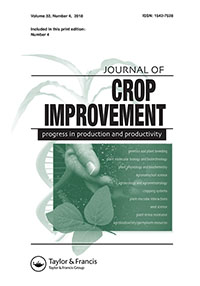Vegetatively propagated crop (VPC) seed tends to remain true to varietal type but is bulky, often carries disease, and is slow to produce. So VPC seed needs to be handled differently than that of other crops, e.g., it tends to be sourced locally, often must be fresh, and it is less often sold on the market. Hence, a framework was adapted to describe and support interventions in such seed systems. The framework was used with 13 case studies to understand VPC seed systems for roots, tubers, and bananas, including differing roles and sometimes conflicting goals of stakeholders, and to identify potential coordination breakdowns when actors fail to develop a shared understanding and vision. In this article, we review those case studies. The framework is a critical tool to (a) document VPC seed systems and build evidence; (b) diagnose and treat coordination breakdown and (c) guide decision-makers and donors on the design of more sustainable seed system interventions for VPCs. The framework can be used to analyze past interventions and will be useful for planning future VPC seed programs.
Understanding root, tuber, and banana seed systems and coordination breakdown: A multi-stakeholder framework.
Citation: Bentley, J.W.; Andrade-Piedra, J.L.; Demo, P.; Dzomeku, B.; Jacobsen, K.; Kikulwe, E.; Kromann, P.; Lava Kumar, P.; McEwan, M.; Mudege, N.; Ogero, K.; Okechukwu, R.; Orrego, R.; Ospina, B.; Sperling, L.; Walsh, S.; Thiele, G. 2018. Understanding root, tuber, and banana seed systems and coordination breakdown: a multi-stakeholder framework. Journal of Crop Improvement. ISSN 1542-7528. 32: 5. pp. 599-621.
2018-06-18
CROP AND SYSTEMS SCIENCES CSS, SEED SYSTEMS
journal_article

